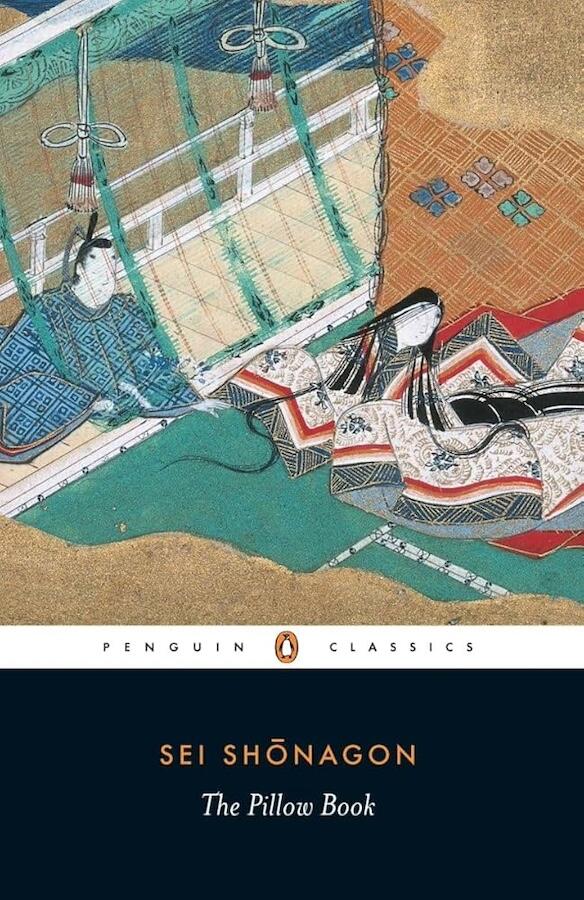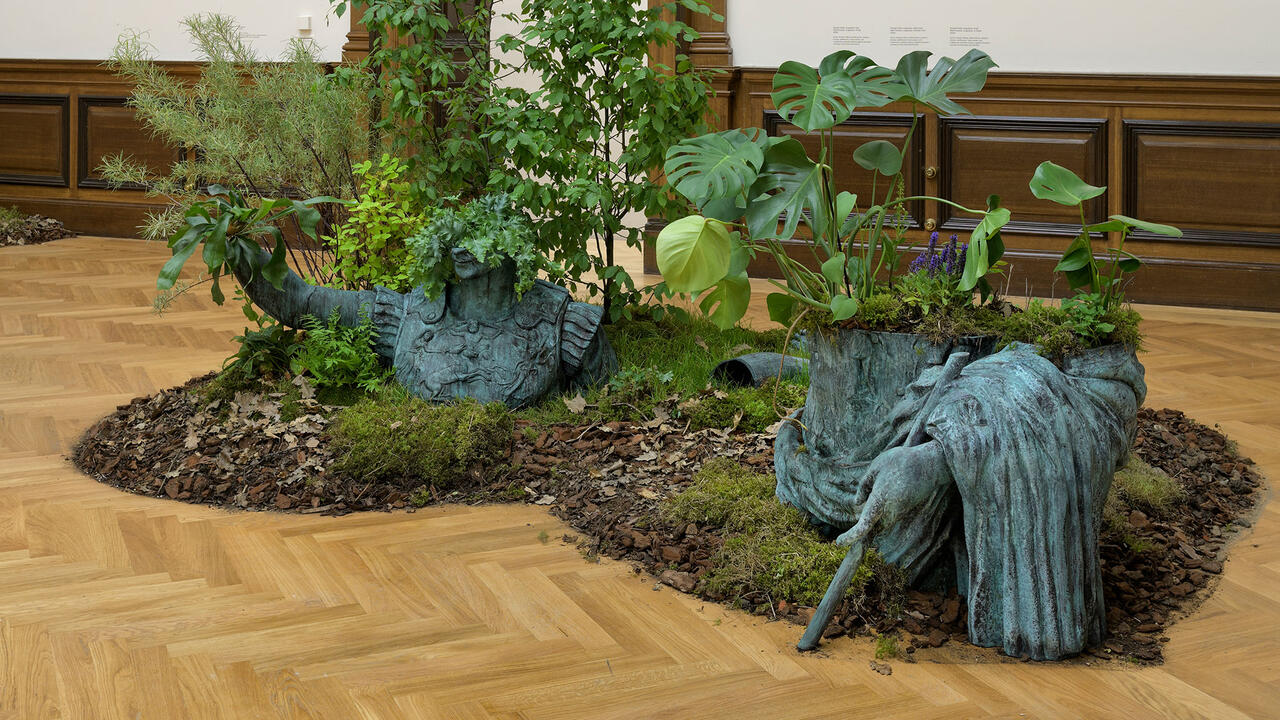The Books That Influence Lucy Ives
To celebrate the recent release of her book, An Image of My Name Enters America, the author shares a list of literary works that have inspired her
To celebrate the recent release of her book, An Image of My Name Enters America, the author shares a list of literary works that have inspired her

I want books to change me. People sometimes speak about emotional transformation in relation to what they read – that their lives have been profoundly altered by their identification with the experiences of a character or the author – but that kind of transformation can feel fleeting to me and perhaps doesn’t address deeper contingencies. (Of course, like anyone, I love a good cry.)
I recently read a bunch of histories on the evolution of the alphabet – the earliest form of which, the Proto-Sinaitic script, was invented 4,000 or so years ago to simplify Egyptian hieroglyphs. I was reminded of the simple yet astounding fact that the Arabic, Cyrillic, Greek, Hebrew and Latin abjads and alphabets, among others, all derive from this single system for notating sounds, probably created by Semitic-speaking people working in and around turquoise mines sacred to Hathor. On the one hand, I thought: wow, a lot of information and complexity was probably lost when hieroglyphic writing ceased to be used. On the other: how scrappy and clever of humans to come up with this viral thing English-speakers now call the ABCs.
This is also to say that we are in possession of a lot of technologies as humans, yet we are not always aware of their presence or effects. We tend to forget them – as we forget the invention of alphabetic writing. I want my reading to bring me into greater awareness of various kinds of physical and conceptual affordances: material and immaterial levers that influence belief and feeling, let’s say. Here, then, follow some books that have helped me to think.

Frances Yates, The Art of Memory (1966, Routledge and Kegan Paul)
Dame Yates – who died in 1981 at the age of 81 – is, for me, one of the most interesting humanities scholars of the 20th century. She was an art historian, systems thinker, media theorist, literary critic and an expert in the occult. The Art of Memory is an anatomy and history of the ‘memory palace’, an ancient mnemonic system still used by some contemporary memory athletes to memorize long strings of numbers or the order of a deck of cards. (I sometimes use the memory-palace technique to freak people out, but my mind is sort of spongy and lax, so I’ll never be a champion!) Although this is definitely not its purpose, this book introduced me to a theory of beauty I hadn’t been aware of before. I think about it almost daily.

Lady Sei, The Pillow Book (1002/1967, Oxford University Press)
It’s a novel; it’s a memoir; it’s a commonplace book. It’s also a discussion of the politics of literacy and the theory and pragmatics of taste. It exists in at least four variants and has been variously translated. I have always liked the 1967 edition I found in my estranged maternal grandmother’s house after her death, but it might be worth learning more about the versions that exist and the history of its Western appropriation to form your own opinions and choose your own point of entry. Sei’s lists – ‘Rare Things’, ‘Flowering Plants’, ‘Things That Cannot Be Compared’ (this last one touches me in particular) – have given me a model for promoting a certain kind of survival of intuition.

Sven Lindqvist, A History of Bombing (2000, The New Press)
Ergodic literature is writing that asks extra work of the reader, like a ‘choose your own adventure’ book. I first learned about Lindqvist’s ergodic history shortly after 11 September 2001, when I was a college student, at a gathering someone organized to help people process what was going on. To me, this is a near-perfect book: it offers a concrete history of ballistics that shows it is not merely a mechanism or a technology but a hideous style of orientation to space and time. The gorgeous and alarming way the book’s format shapes your reading puts you in awe of what is possible with respect to the codex form.

Beatriz Colomina, Ignacio G. Galán, Evangelos Kotsioris, Anna-Maria Meister, Radical Pedagogies (2022, The MIT Press)
This is a recent addition to my ‘favourite books for thinking’ list. Archival photographs and other illustrations in this large tome accompany descriptions of radical architectural projects, some of which are more like teaching plans or blueprints for social movements. I’m interested that the title frames the collection as being about education – or, literally, ‘leading kids’ – because it is, of course, also about shelter, combatting the notion of scarcity, creative research, joy and self-expression. It really gives the lie to any claim someone might like to make about the inessential nature of art. I’m teaching a class about the architecture of Providence this coming year and have been thinking about including certain sections from this collection along with some of the text of the recent U.S. Supreme Court decision City of Grants Pass, Oregon v. Johnson, which makes it possible for American municipalities to criminalize sleeping out of doors.

Lucy Ives's An Image of My Name Enters America (2024) is published by Graywolf Press and is available to purchase now
Main image: Beatriz Colomina, Ignacio G. Galán, Evangelos Kotsioris, Anna-Maria Meister, Radical Pedagogies, 2022, book cover (detail). Courtesy: MIT Press




















